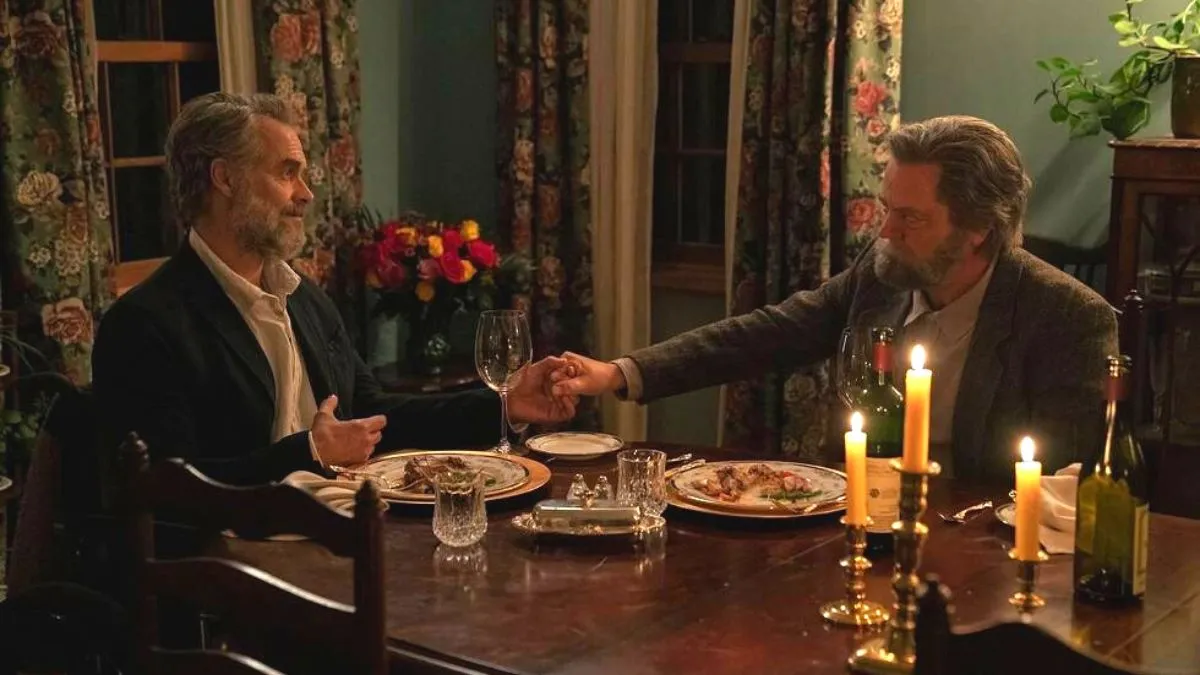The Last of Us Confirms Their Agenda
The Last of Us has been met with near-universal praise, astonishing fan reception, and ever-growing ratings. However, the third and most recent episode has been far more divisive than any other, with many fans concerned about potential propaganda being the motivation behind its writing. Peter Hoar, who directed the episode, has confirmed those fears. In a recent interview with Inverse, Hoar confesses that the motivations behind the direction and writing of episode 3, which was built almost entirely off of countless stereotypes and zero creativity, was indeed made to teach the audience a lesson. He said:
“Sometimes you have to sort of trick the rest of the world into watching these things before they’re like, ‘Oh, my God, it was two guys. I just realized.’ I think then they might understand that it’s all real. It’s just the same love.”
By his own admission, “Long Long Time” wasn’t created to tell a good story or develop The Last of Us’ universe or characters. It was designed to educate the audience on gay love, which is propaganda and adverse to good storytelling. If the motivation had been to tell a good story first that honored the source material and the characters, this would not be an issue. The creators saw an opportunity in Bill’s sexuality for virtue-signaling while avoiding the difficulty of competent writing and the troubles of adaptation integrity. They took advantage of this great character to send their own message. No wonder the story is nearly action-free, pointless, and filled with empty characters comprised of stereotypes and nothing else. With this as the motivation behind the episode, other things come into focus.
With this confession, it’s entirely reasonable to assume that Hoar, who is known for directing the gay-centric show It’s a Sin, was brought in specifically to make a gay episode and not a compelling episode of a zombie horror show. With the priorities of HBO, Craig Mazin, Neil Druckmann, and now Peter Hoar so far misaligned from the basic precepts of creativity and good storytelling or honoring the source material, it’s no wonder that this episode has been so divisive amongst viewers. Creating this show was not about bringing The Last of Us or Joel and Ellie to life; therefore, it is not The Last of Us.







